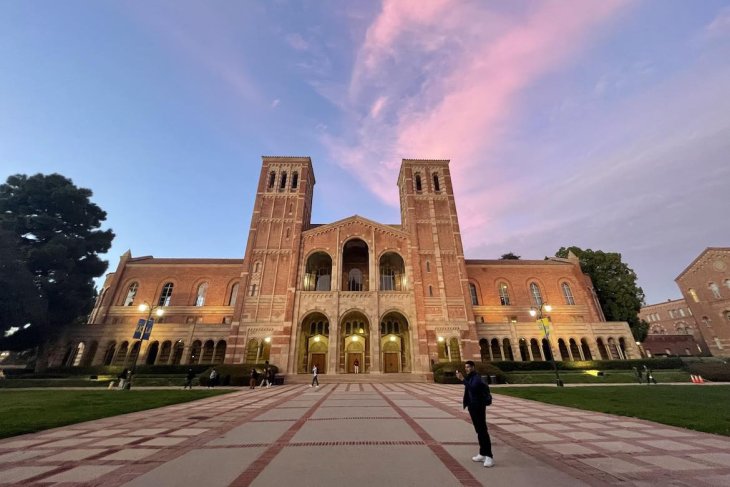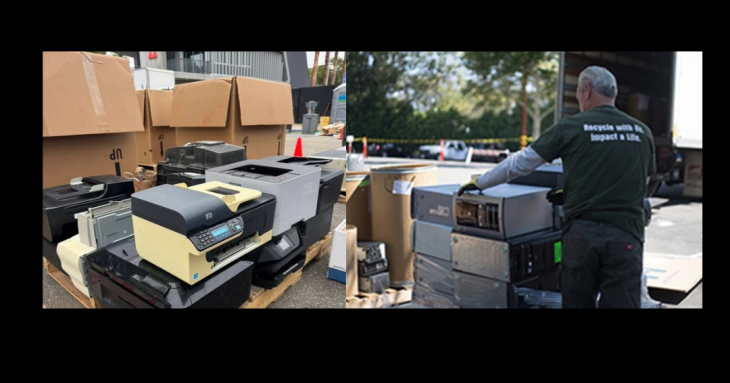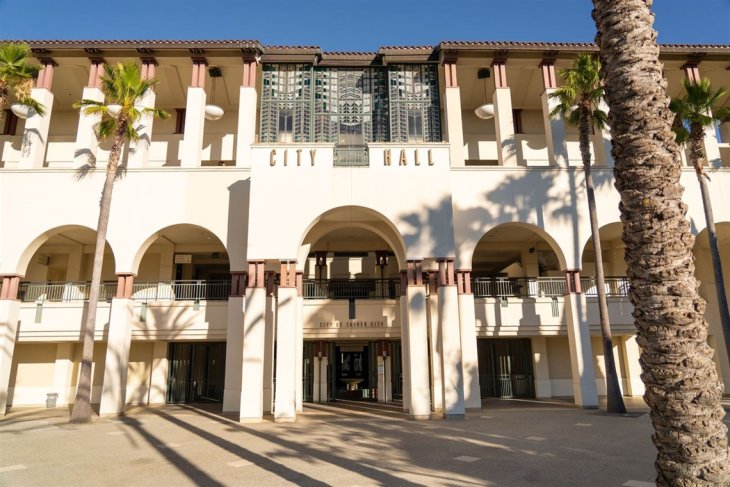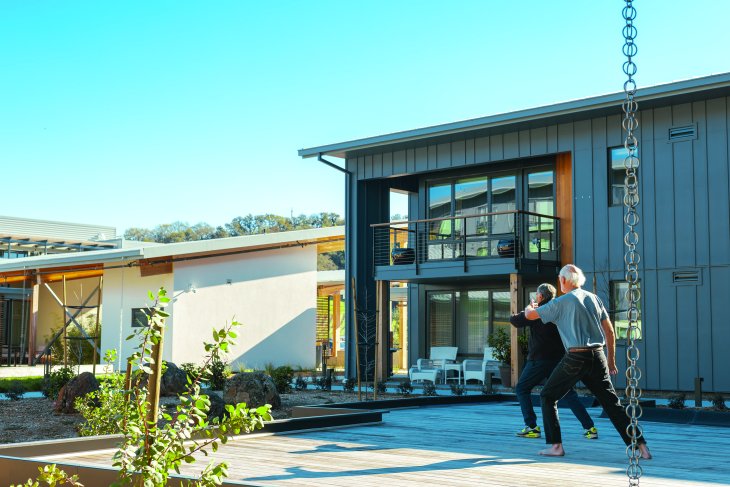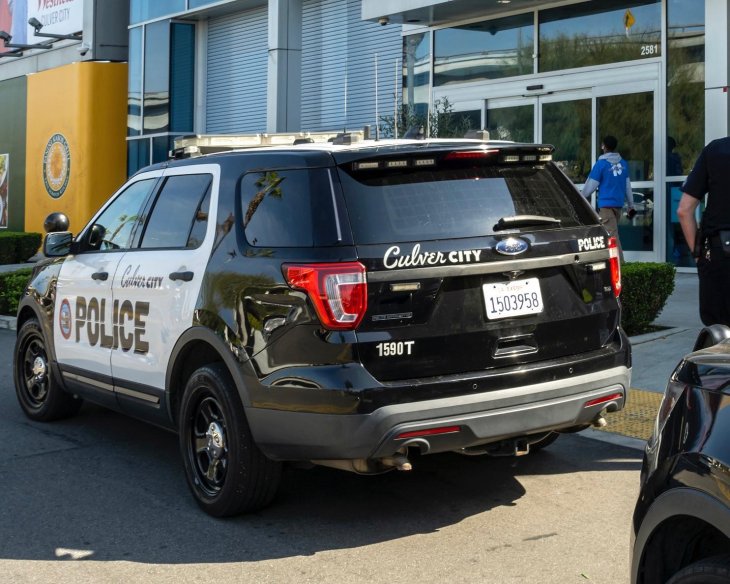Researchers at Children’s Hospital Los Angeles have grown esophageal tissue in a laboratory — from human and mouse cells, it was reported today.
The study, published online in the journal Tissue Engineering, Part A, showed “progenitor” cells can differentiate into specific kinds of cells and migrate to the tissue where they are needed, according to Dr. Tracy C. Grikscheit, a pediatric surgeon at Children’s who works with the Developmental Biology and Regenerative Medicine program at UCLA’s The Saban Research Institute.
“We found that multiple combinations of cell populations allowed subsequent formation of engineered tissue. Different progenitor cells can find the right partner cell in order to grow into specific esophageal cell types such as epithelium, muscle or nerve cells and without the need for exogenous growth factors.
“This means that successful tissue engineering of the esophagus is simpler than we previously thought,” said Grikscheit.
The study shows promise in treating children who have been born with missing parts of the esophagus. The process also might be used in esophageal cancer patients — the fastest growing kind in the United States.



